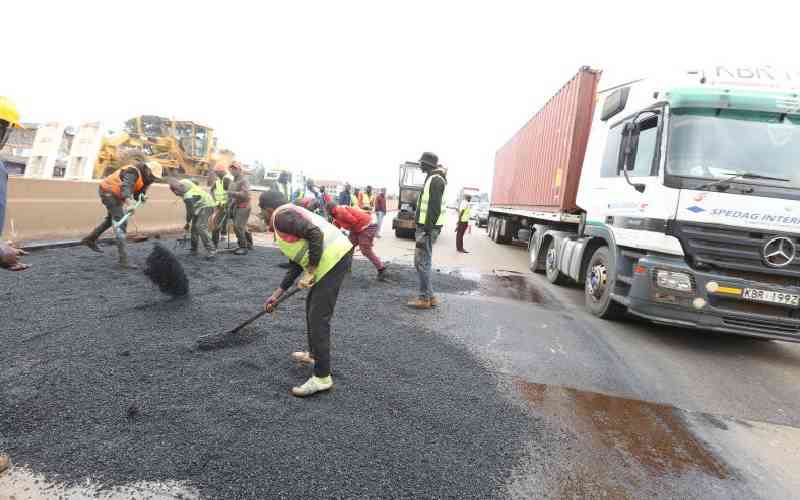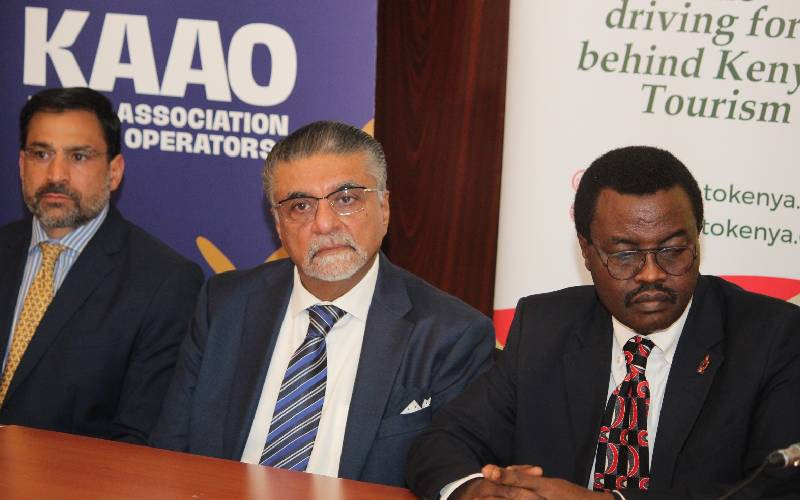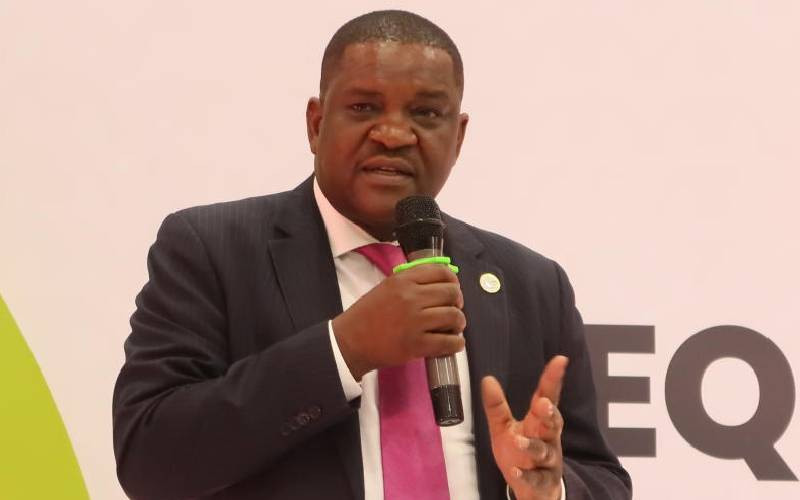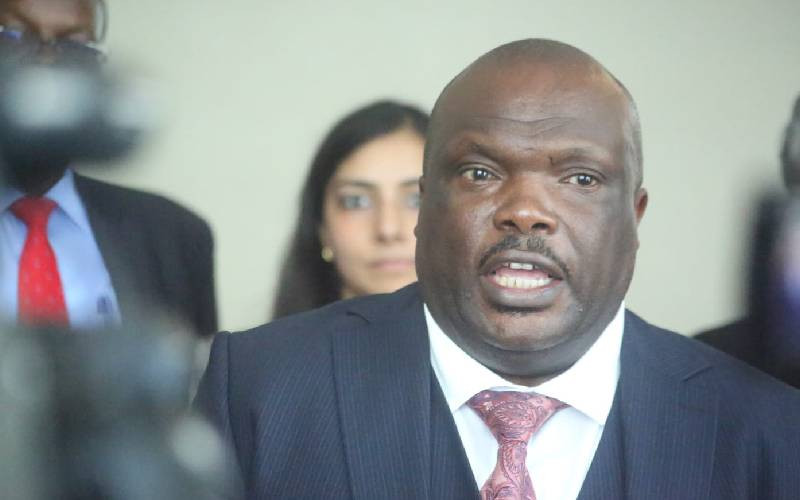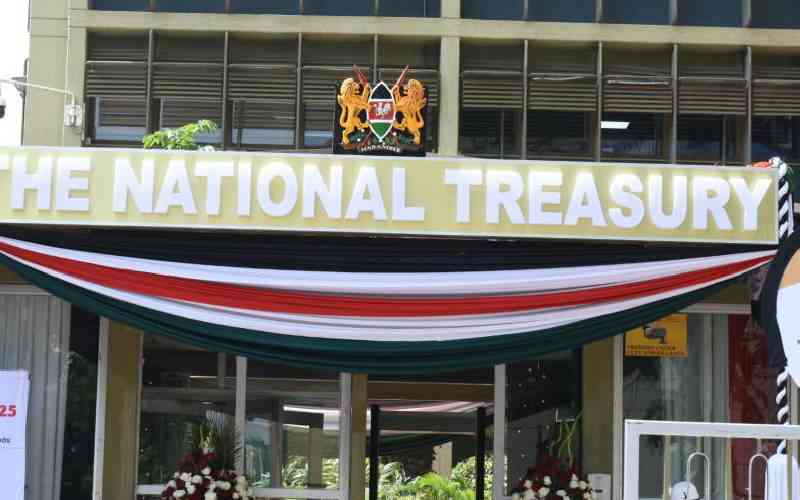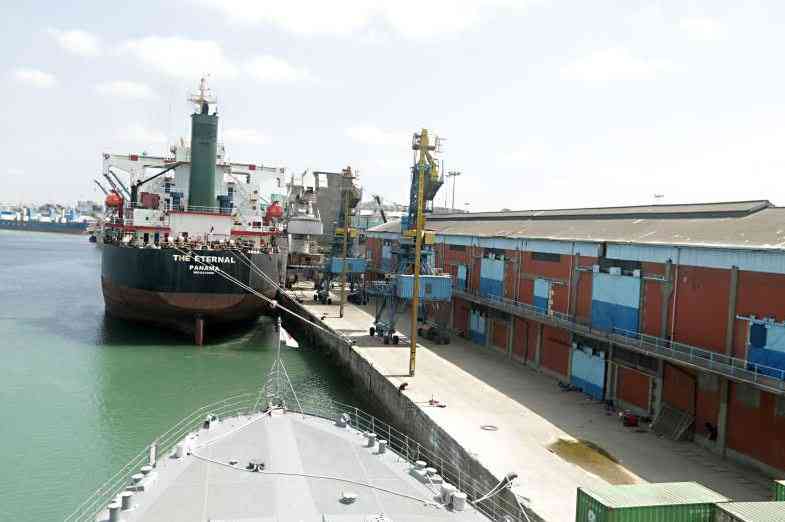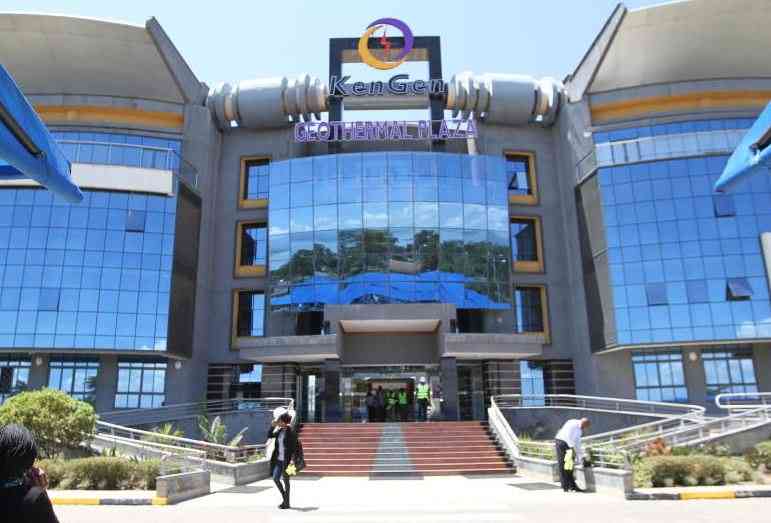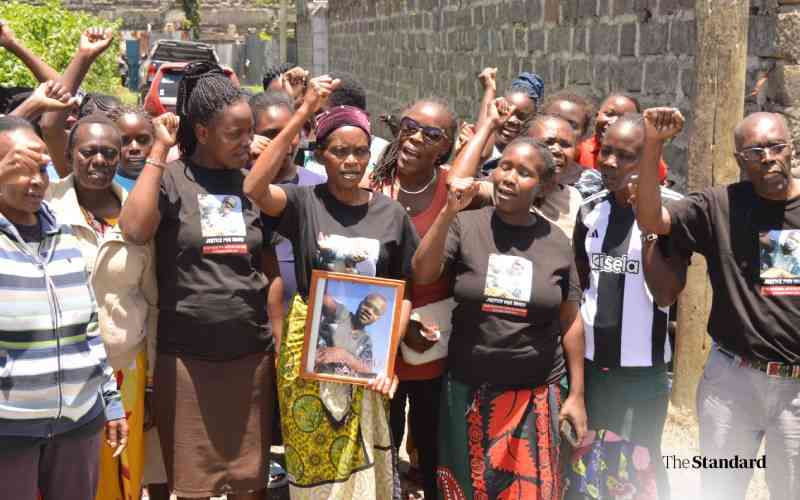
Elizabeth Auma has, with deep sorrow, come to accept the agonising reality that her son, Brian Odhiambo, who vanished without a trace on January 18, may no longer be alive.
Yet, 10 months on, the absence of his body continues to torment her.
Clutching a faded portrait of her son, Auma has emerged as a quiet yet powerful symbol of resilience, determinedly seeking justice and closure in a case that has captured both national and international attention.
Brian, aged 31, was last seen in the custody of Kenya Wildlife Service (KWS) rangers, who had reportedly arrested him for illegal fishing in Lake Nakuru and trespassing in the adjoining national park.
According to investigators from the Directorate of Criminal Investigations (DCI), there is credible intelligence suggesting that the rangers may have killed Odhiambo and buried his body in a secret grave somewhere within the park’s sprawling wilderness.
The damning allegations have thrown a harsh spotlight on KWS and raised urgent questions about transparency and accountability in Kenya’s public institutions.
For nearly a year, Auma—a single mother to six children—has waged a tireless campaign for the truth. She has made countless visits to courtrooms, combed through the park herself, staged protests in the streets, and sought answers from morgues, hospitals, and security agencies.
Her path has been strewn with obstacles. She has endured brief arrests, clouds of teargas, routine harassment, and the unrelenting sorrow of not knowing her son’s fate.
Testifying before Principal Magistrate Kipkurui Kibelion, Auma gave a harrowing account of the last time she saw her son. “I saw six rangers dragging and beating him. I begged them to stop, but they ignored me. I haven’t seen him since. I just want his body, so I can bury him,” she said.
A fragile glimmer of hope emerged earlier this week when Senior Resident Magistrate Cynthia Muhoro issued a court order allowing DCI homicide detectives to conduct a search for Odhiambo’s remains within Lake Nakuru National Park.
The order, signed the following day, authorised Inspector Patrick Wachira and his team to locate possible grave sites and proceed with exhumations under the supervision of the Chief Government Pathologist.
The detectives have been granted three months to carry out their investigation and are required to update the court on their progress by January 2026.
For Auma, the ruling offers a faint but vital hope, that the search may finally yield answers and allow her to lay her son to rest with dignity.
Odhiambo’s case has echoed far beyond the shores of Lake Nakuru, shining a stark light on the broader issues of justice, human rights, and institutional accountability in Kenya.
Stay informed. Subscribe to our newsletter
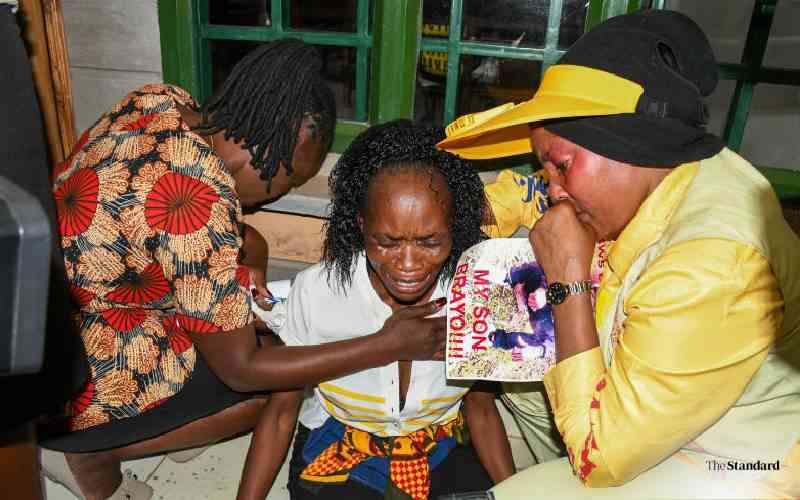
Family lawyer Mogendi Abuya stressed the case’s wider implications: “It would show that no one, regardless of their status, is above the law.”
Human rights activist Hussein Khalid echoed this sentiment, framing Odhiambo’s disappearance as a critical test of the nation’s values: “This is not just a family’s fight, it’s a test of our moral and institutional resolve,” he declared.
Court testimonies between May 19, and September 1 painted a haunting picture of Odhiambo’s final hours.
His brother, Carlos Otieno, recounted that Brian had visited their mother’s home in Manyani Estate, Nakuru County, at 9am on the day he vanished.
Desperate to support his wife, Alvy Okello, and their two children, Odhiambo confessed that he intended to fish illegally. “He wore a black jacket, trousers and a green T-shirt. We had tea, and he left to fish because he had no other work,” Otieno recalled.
Shortly after, a local casual labourer, Alex Maina, now serving time for illegal fishing, alerted Otieno to his brother’s arrest. Maina testified that he had seen a nervous-looking Odhiambo pass by before KWS rangers appeared moments later. “They chased him down, beat him with kicks and punches, then tossed him into a Land Cruiser like a sack of potatoes,” Maina told the court.
Agnes Achieng, a family friend, corroborated this testimony, saying she saw four masked rangers pursuing Odhiambo after he jumped the park fence around 10am. “One ranger tackled him to the ground, and three others joined in. They kicked him in the head and stomach while he screamed for help,” she said.
Auma herself witnessed the rangers dragging her son away. Her desperate cries for mercy were ignored.
The aftermath of Odhiambo’s disappearance triggered widespread protests across Nakuru.
On January 21, during a demonstration outside Lake Nakuru National Park, 23-year-old Eliud Ochieng was shot in the leg. Hospitalised for three months and now reliant on crutches, Ochieng spoke of his resolve: “I can’t work or walk like I used to. My wife does hard labour to feed us, but I’ll keep fighting for justice.”
Meanwhile, Auma reported her son missing to the police after fruitless visits to morgues, hospitals, and police stations. Backed by the Law Society of Kenya (LSK) and civil rights groups, she petitioned the courts to compel KWS and the Directorate of Criminal Investigations (DCI) to produce her son—dead or alive.
On January 24, Justice Julius Nangea ordered the authorities to comply. But just four days later, KWS claimed they had no knowledge of Odhiambo’s whereabouts.
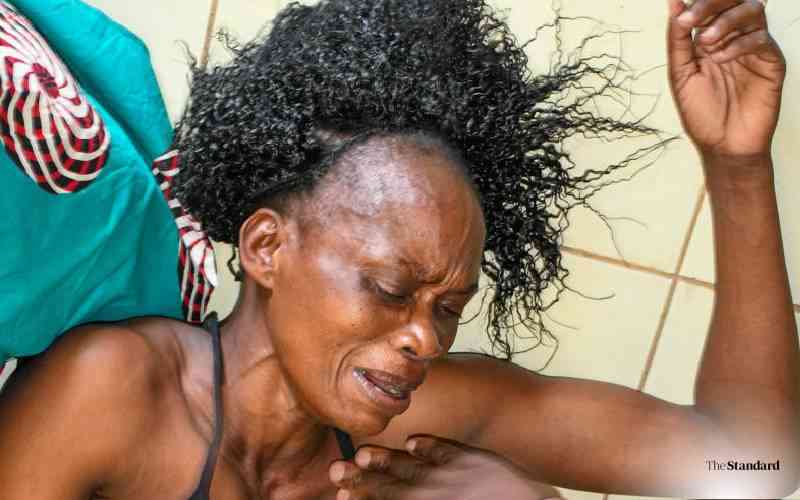
In an affidavit, KWS ranger Abdulrahman Ali claimed that a suspect arrested for illegal fishing in the park’s Sewage area had escaped while asking to relieve himself. “I don’t know if it was Odhiambo,” Ali said.
Similarly, the park’s then Assistant Director, David Oyugi, insisted the suspect escaped before being identified. However, he could not explain why this individual was transported into the park rather than to Bondeni Police Station, where 10 other suspects arrested that day were taken.
Mounting pressure
On February 6, the court ruled there was insufficient evidence to prove Odhiambo was in KWS custody. In a desperate act of protest, Auma crawled 20 metres in front of the court, crying: “Who will protect me? Who will fight for my son?”
The ruling sparked outrage. LSK Rift Valley Chairperson Aston Muchela criticised the judiciary for failing Kenyans in their pursuit of justice.
Public pressure grew. On March 19, during a visit to Nakuru, Auma directly confronted Interior Cabinet Secretary Kipchumba Murkomen. He promised swift action: “We will not allow a Kenyan to disappear without accountability. KWS will be held responsible.”
In May, six KWS rangers, Senior Sergeant Francis Wachira, Alexander Lorogoi, Isaac Ochieng, Michael Wabukala, Evans Kimaiyo, and Abdulrahman Ali, were formally charged with abduction with intent to confine. They were released on a Sh300,000 surety bond or Sh100,000 cash bail as the case proceeded with increasingly damning testimony.
KWS rangers Gideon Chemirmir, Brian Muniu, and Lual Gordon confirmed Odhiambo’s arrest, identifying him by the clothes he wore and placing Senior Sergeant Wachira at the scene.
A protected witness, Dennis Juma, testified on September 1, that he saw Odhiambo unconscious in a KWS Land Cruiser. One of the rangers allegedly said the suspect was already dead.
Another fisherman, Michael Rono, corroborated this account, stating he saw an unresponsive man in the same vehicle, matching Odhiambo’s description.
Tensions escalated on September 27, when Nakuru residents were denied free access to the park during a national free-entry initiative, an apparent reaction to the ongoing case.
As the investigation deepens, Inspector Patrick Wachira is scheduled to testify at the scene on November 10. Detectives hope to exhume Odhiambo’s body before the year ends.
For Auma, the search for her son’s remains is not just a personal quest, but a fight for justice that could redefine accountability in Kenya.
